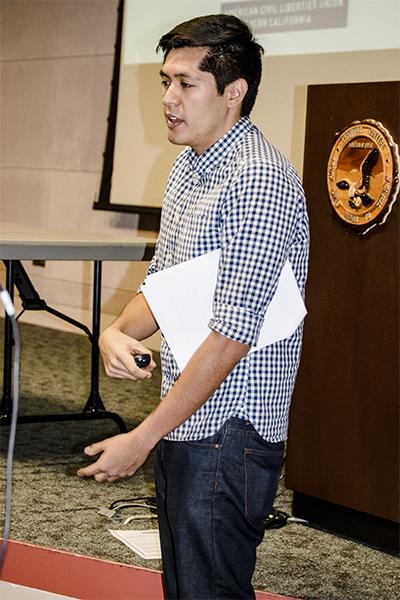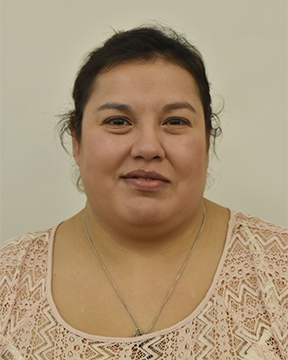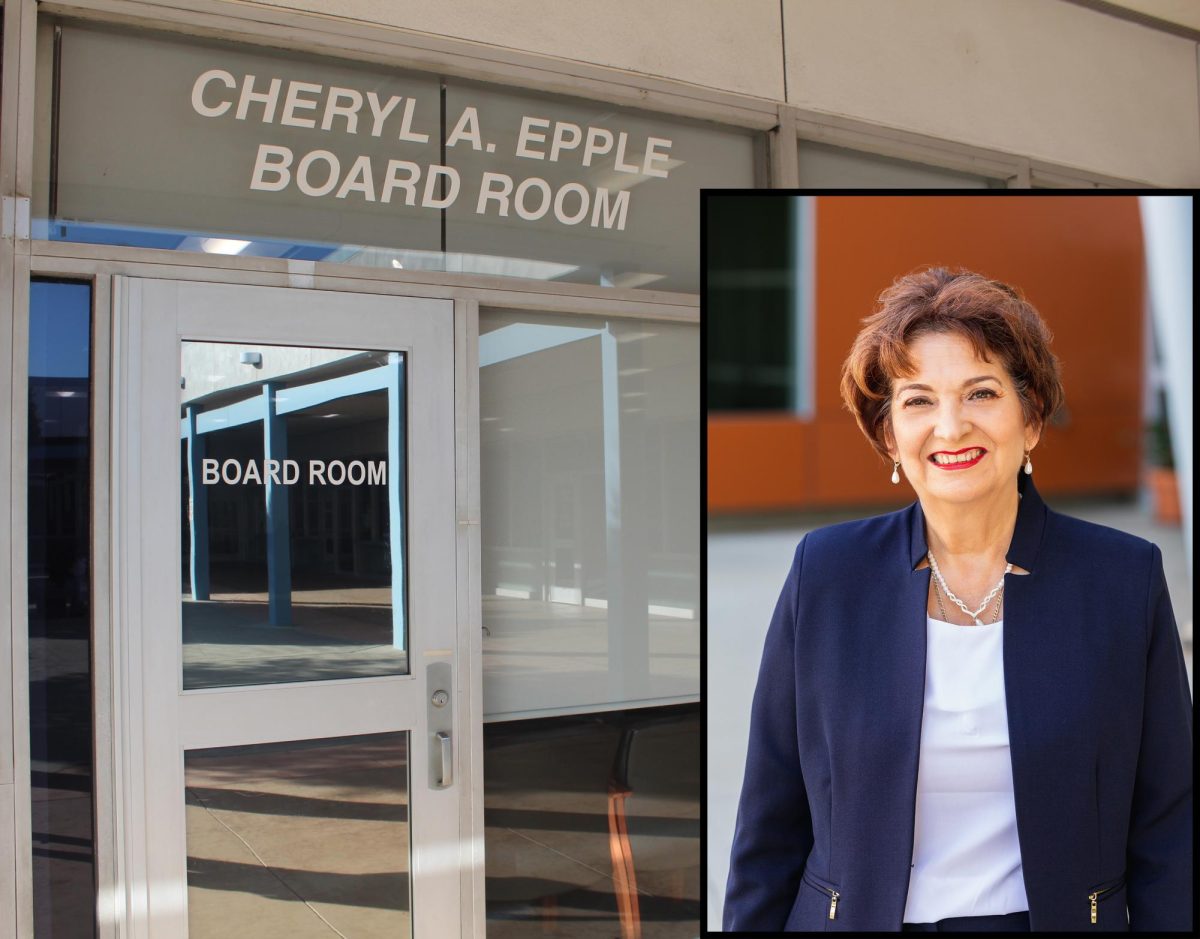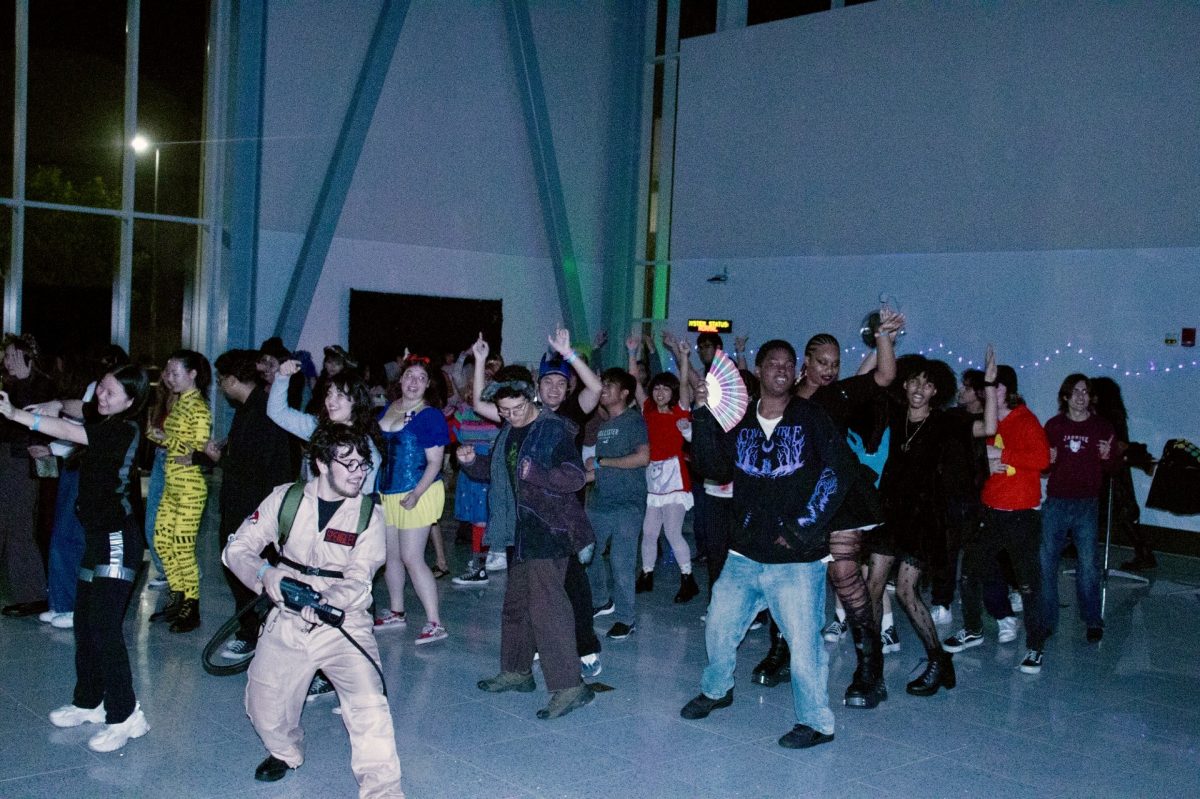For one year, Luis Nolasco, American Civil Liberties Union of Southern California Community Engagement has been doing presentations focusing on handing out educational materials and clearing up some common misconceptions people have about police officers.
He lets people know that “the police can lie to you it’s part of their role and they do it constantly[…]It’s the tactics that they use and do to get a confession out of people and people buy into it.”
Nolasco was the speaker at the Know Your Rights presentation that took place on Thursday, Oct. 29.
The event was organized by MEChA together with The Social Equality club.
The presentation focused on knowing the rights every American has and invoking them during interaction with police officers.
The common example that he uses is: “[the police officer says] ‘do you know what you did?’”
When they pull you over and you’re like ‘I guess I was speeding.’ You just confessed to what you were doing, speeding, and now they are going to give you a charge for that[….]”
He continued, ‘Sorry officer I don’t know what I did,’ might be a better answer depending on the situation, the police officer and other factors, but it is useful just to provide this information so people can use in everyday life.”
Throughout the presentation he also makes statements like “the police are not your friends” and points out the importance of recording every encounter with police officers.
For that purpose the ACLU has developed the Mobile Justice app that can be downloaded for free.
The app uses the smartphone camera to record, once closed, the app automatically sends a copy of the video directly to ACLU for their safekeeping and review.
The automatic upload is done in case the phone is damaged and the original recording is lost.
The app also gives the user access to the all of the library of resources the ACLU has.
One more feature the app has is the “witness” function, this notifies the users when someone reports an interaction with a police officer within three miles of their location.
Latin American Studies and Pan African Studies major Abraham Venegas took two months of planning and constant emails with the ACLU to bring the presentation to the students of Cerritos College.
He said, “I got the idea from the Hispanic Coordinating Committee, it was planning Hispanic Heritage month and I came representing the Social Equality Club[…]
I thought it was a good Idea to have a workshop on knowing your rights when it comes to police encounters, Venegas expressed.”
“Most of us come from communities where there is a heavy presence of police, so it’s good to know one’s rights because as he [Nolasco] said the cops are not there to be our friends, they’re there to do their job,” he said.
Cerritos College alumna Jennifer Ovalle saw the presentation as a refresher of what to do in case she has to deal with the police.
She said, “I get really emotional when dealing with cops so I have to always remind myself to calm down and remind myself of those three phrases.”
Even though the presentation was a refresher for some of the attendees, Venegas, who is a member of both The Social Equality Club and MEChA, said, “ “we want to see a change, police reform, we want to target the whole nation because we are affected by the police presence.”
The club member continued, “…we want a point in history where we don’t need to constantly be having these workshops because by that point we know that systemic change has come when it comes to policing.”










